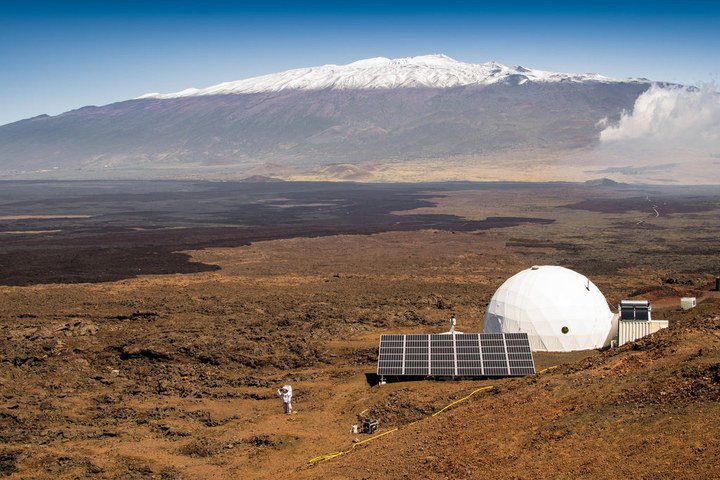
Explore how anxiety can show up in your life, work, and relationships
Read on

My Metaphor for Overthinking
For the first 39 years of my life, I was terrible to my brain. I would engage in deep, intrusive pondering, telling myself that I was working hard to "figure things out." I never realized that the overthinking I was engaging in was terrible for my brain's environment. And this is my metaphor for overthinking: my brain has an environment, and I am responsible for taking care of it.

A Very Homespun Non-Infographic about Overthinking Social Media
I had a conversation with Daniel Gehant of Copper Insights about how hard it can be to find your way on the voice-only app we both love, Anchor. I described my usual social media cycle: "START--------It hurts! It's embarrassing! OUCH------What am I saying?! I don't like this?! No one likes me!?!--------good feedback, slowly putting ourselves out there----I think I'm getting stronger-------I feel better, and I'm taking risks--------OUCH, backstep-------Nope, I'm definitely taking more risks and feeling better-----------END."